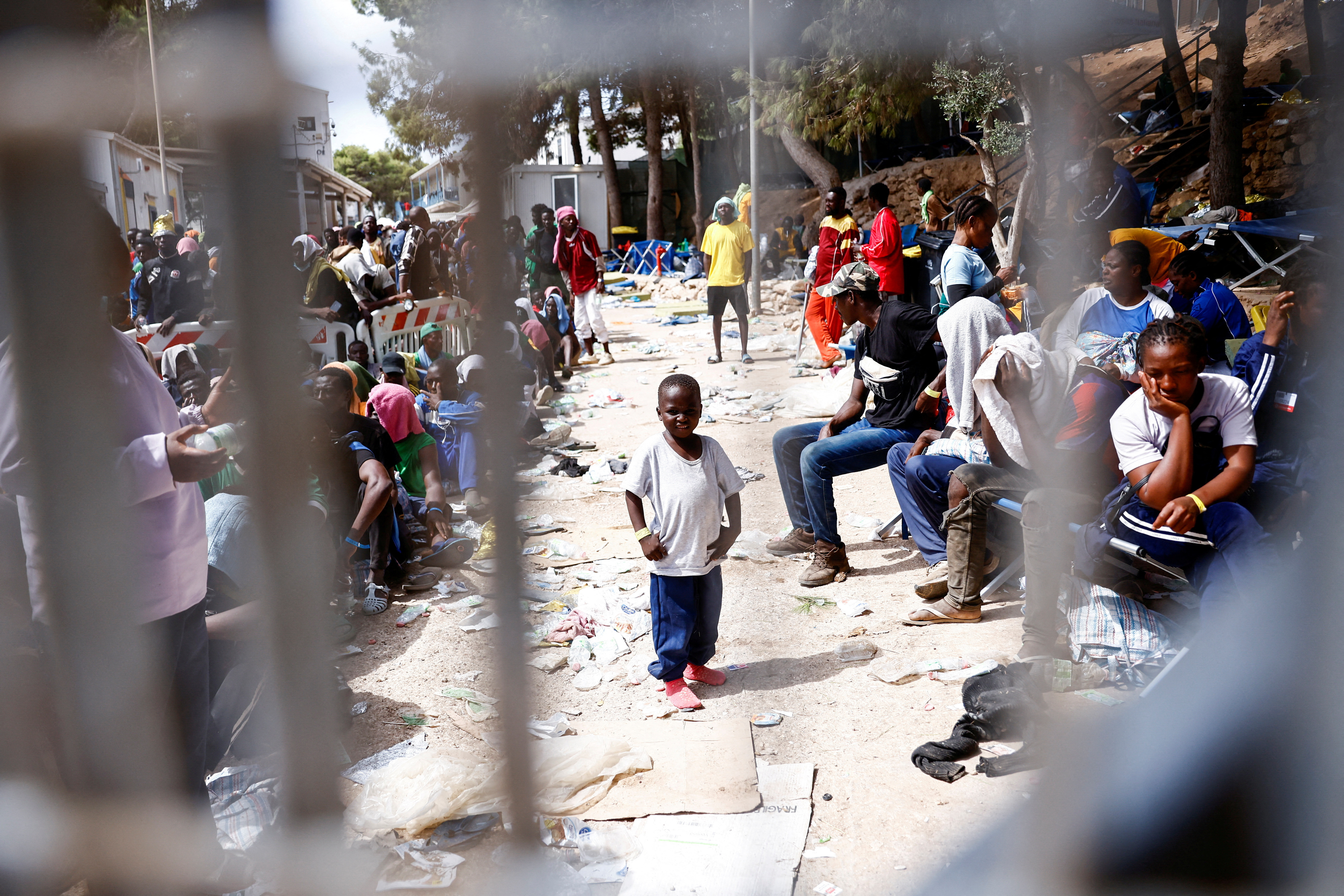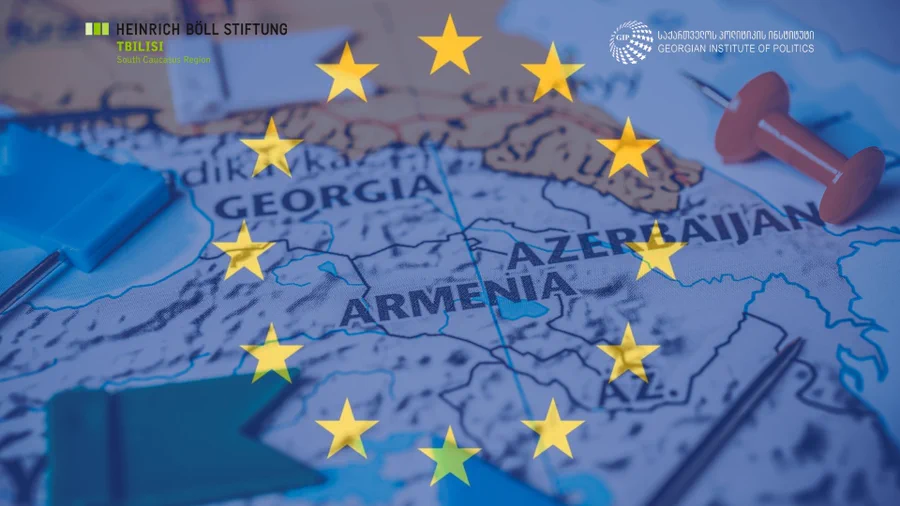
Editorial
It is clear that the policy pursued by the United States is
based only on its own interests, and hypocrisy, betrayal, and
treachery have risen to the level of state policy.
On one hand, the United States supports the territorial
integrity of Ukraine, Moldova and Georgia, considers Abkhazia and
South Ossetia as part of Georgia, Transnistria as part of Moldova,
Donbas and Crimea as an integral part of Ukraine, and also supports
these countries on all international platforms, on the other hand,
the United States did not provide any support to Azerbaijan, whose
territory had been under the invasion for almost 30 years.
Moreover, it took steps that suited the interests of invader
Armenia.
If a small part of the support provided to Ukraine today had
been provided to Azerbaijan, our lands would not have stayed under
the invasion so long.
As a co-chair of the OSCE Minsk Group, the United States also
did not conduct any work; the co-chairs made tourist trips and made
routine statements. This organization and one of its co-chairs, the
United States, did everything possible to keep the conflict frozen
for many years. Millions of dollars were allocated annually to the
so-called regime in Garabagh under the guise of mine clearance. The
separatists visited the United States and raised funds under the
name “aid to Garabagh.” It was in the USA that the department of
the criminal regime of Garabagh was created. Representatives of the
regime visited America and held meetings at various levels. All
this is an indicator of the US attitude towards resolving the
Armenian-Azerbaijani conflict. Although support for Azerbaijan’s
territorial integrity was expressed on the surface, behind the
scenes support was given to the separatist regime in Armenia and
Garabagh.
The United States, as a hegemonic power, created the image of an
enemy that would frighten the international system in order to
dictate its will to the whole world, and declared Islam the main
enemy of the “civilized world.” This is a country where
Islamophobia has risen to the level of state policy, it has not
only interfered in the internal affairs of various countries in the
name of fighting terrorism but has also targeted Muslim countries.
As a result of the “Arab Spring” scenario, governments in the
Middle East were overthrown and civil conflicts were encouraged.
Countries such as Iraq and Libya were attacked, where such a
scenario was impossible.
After creating an image of Iraq as having “nuclear weapons”,
they invaded the country, killing one million Iraqis, destroying
cities and villages, taking control of the country’s national
wealth, and continuing to plunder it so far.
The civil conflict that began in Libya after the overthrow of
Muammar Gaddafi still cannot subside. The killing of millions of
people, the destruction of economic infrastructure, cities and
villages in the Middle East, and the fact that this problem will
continue for many years is the result of the “democracy” that
America brought to the East.
Today, the United States which is considered the country
responsible for the shameful scandals at Abu Ghraib and Guantanamo
Bay for the torturing and murdering of Muslims, presents itself as
a “patron of human rights.”
All points of tension in the world are created according to the
desires and plans of the United States. All political games have
one goal – to ensure American interests in any region or country
and to control and exploit the resources of the region or country.
The US is not interested in democracy, human rights, peace and
stability. Most of South America, Africa, and Asia became a testing
ground for American political games.
Azerbaijan has also been suffering from US geopolitical games
for many years. In our country, attempts were made to carry out
coups d’etat. Consistent work was carried out in the direction of
financing and training the political opposition, involving the NGO
sector and the media in political games, that is, in a word,
creating an atmosphere of civil disobedience in the country. The
main goal of this country is to form a government in Azerbaijan
that is unquestioningly subordinate to the interests of the United
States and to legitimize the invasion of Azerbaijani territories.
However, these attempts and numerous plans did not come true.
The United States tried to “Syrianize” Azerbaijan and several
times prepared a plan for “color revolutions” to prevent the
country from strengthening, developing, and liberating occupied
Garabagh. But thanks to the unity of the government and the people,
none of these evil plans came to true.
Realizing that after the 44-day war, the unity of the government
and the people in Azerbaijan has strengthened, today the United
States is changing its tactics and is trying to use not the
opposition, which is in trouble, but LGBT which is a great threat
to national values, “feminists” who promote immorality, and people
“NO TO WAR”, trying to devalue the Victory in the Patriotic War.
The US also provides funds to these groups through USAID, and these
groups are led by Samantha Power, who has pro-Armenian,
anti-Turkish, and anti-Azerbaijani positions.
Azerbaijan managed to resist any pressure and liberated its
lands from occupation on its own. Of course, the existence of
Azerbaijan with such strength and courage does not correspond to
the interests and goals of the United States, France, and other
similar countries. Therefore, today official Washington is not
making serious efforts to resolve the problem between Armenia and
Azerbaijan, but is only creating an illusion.
According to the agreement reached at the last meeting in
Washington, on September 1, roads in the region should have been
opened and the Agdam-Khankendi road should have been operational.
Although Blinken asked for the opening of both the Lachin and
Aghdam roads during negotiations with the Azerbaijani leadership,
the US stepped back from its position rather than put pressure on
the Armenian leadership and separatists in Garabagh who resisted
the agreement. Today, both the State Department and Congress are
talking only about the need to open the Lachin road.
Unable or unwilling to satisfy the separatist group, the United
States is now trying to accuse Azerbaijan of lack of courage and
hypocrisy.
We have also witnessed the hypocrisy of the United States
regarding the “elections” in Garabagh- after the “elections” on
September 9, leading states and organizations declared that they
did not recognize the illegal regime and its “elections,” but
Washington chose to remain silent. Only after pressure from
Azerbaijan, the US State Department at the level of its ordinary
representative obliged to verbally declare that it did not
recognize the “elections.”
A representative of the US State Department sent Louis Bonin to
the region, but this visit did not contribute to solving problems
in the region and was inconclusive. Because the US is insincere in
its intentions and is not interested in peace. Otherwise, US State
Department representative Yuri Kim would not have spoken about the
non-existent “rights of the people of Nagorno-Garabagh” in his
speech in Congress. The United States ignores today’s realities and
is making serious efforts to legitimize the military junta in
Garabagh.
In fact, today the United States, together with France, is a
party that does not allow the process of reintegration of the
Armenian minority in Garabagh, and stimulates revanchist forces in
Armenia. Thanks to such an open pro-Armenian policy of France,
today Paris is completely isolated from regional processes and has
lost hope of mediation. If this happens, the same fate awaits the
United States, which behaves in the region as Christian
missionaries.
It would be naivity to think that Armenia will be benefitted
from the current hypocritical policy of the USA. This policy will
not benefit anyone. An obstacle to the reintegration process is
created in Azerbaijan with the Armenian minority living in its
territory, and Armenia becomes a “second Ukraine”. The United
States, which incited Ukraine to war with Russia and manipulated
the supply of weapons and ammunition to make Kyiv completely
dependent on itself, has actually sacrificed Ukraine today. After
the death of tens of thousands of Ukrainians, the destruction of
cities and villages, and the occupation of almost 25 percent of the
country, the United States now wants to force Ukraine to come to
terms with its territorial occupation. Just as he tried to push
Azerbaijan to come to terms with the occupation of its lands for 30
years.
In this war, in which Ukraine is sacrificed, the USA earns a lot
of money and takes complete control of the European gas market with
LNG (liquefied natural gas). Due to the damage to the environment,
LNG, which is almost as dangerous as black coal, has begun to
dominate the European market, but so far no environmental
organization, ecoactivists, etc. cannot raise voices to
protest.
The situation in which the USA is dragging Ukraine reminds us of
the war in Georgia in 2008. Even then, the USA, which incited M.
Saakashvili to war with Russia, later backed out, as a result of
which Moscow officially formalized the occupation of Georgian
territories under its control.
The US tried to turn Turkiye into a “second Syria” and attempted
a coup in 2016 by the FETO organization it created and financed.
Only thanks to the determination of the Turkish leadership and the
support of the people, Turkiye was able to escape from this danger.
But even today, terrorist organizations fighting against Turkiye
receive instructions, weapons and funding directly from the United
States.
The United States, which destroyed Afghanistan and then returned
to power the Taliban, which it shamefully fled and declared
terrorists, but in fact created itself, shows its true nature at
every step by implementing projects of this type. During the
20-year occupation, America did not build a single road or school
in Afghanistan.
—
Follow us on Twitter @AzerNewsAz
The post Hypocritical policy which US tries to impose on Azerbaijan first appeared on The News And Times – thenewsandtimes.com.

